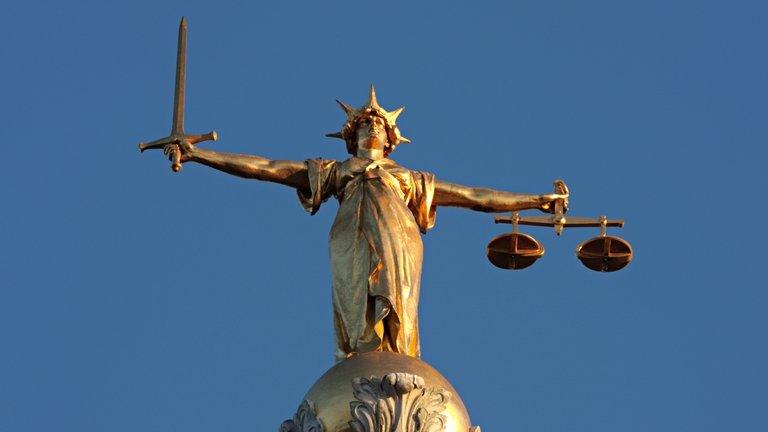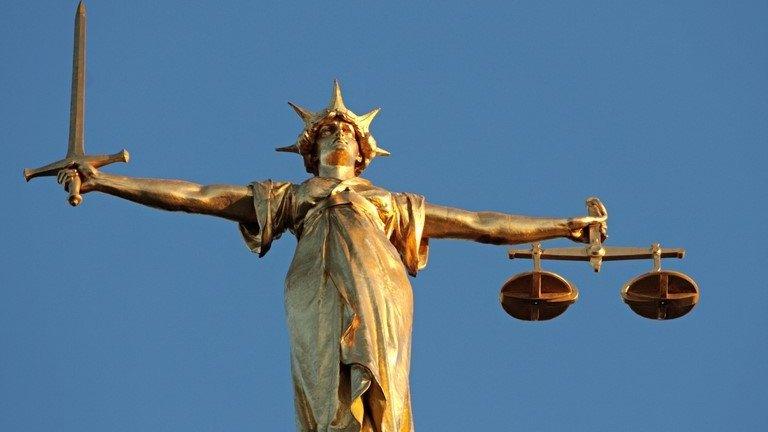Court changes proposed for victims and witnesses
- Published
.jpg)
Victims and witnesses should be warned of likely questioning in court of their sexual history or bad character, the director of public prosecutions says.
They would be informed about the nature of the defence's case and given details about court procedures, if proposed guidance for prosecutors is accepted.
Alison Saunders said alleged victims of crime in England and Wales should not be "ambushed" in the witness box.
Prosecutors should test evidence, not put witnesses "on trial", she said.
As part of the proposed guidance witnesses would be told if third party material that could undermine the prosecution case had been disclosed to the defence.
Witnesses should be encouraged to ask the advocate or judge to repeat or rephrase questions and should be reminded they can ask to see their witness statement, the plans propose.
'Personal questions'
Ms Saunders - the most senior criminal prosecutor in England and Wales - has proposed the changes, saying that asking someone to come to court "without any idea of what they face in the witness box does not seem fair to me".
"To stand up in a formal setting and to be asked sometimes difficult and personal questions in front of a court full of strangers is a very big ask," she added.
She said cross examination of witnesses was "a vital part" of the court process, but courts could be made to be "fairer for victims and witnesses, while maintaining the vital balance which ensures fair trials for those in the dock".
"I am convinced that we owe it to those who are willing to come to court to help them as much as we can," she added.
But Tony Cross QC, chair of the Criminal Bar Association, told the Today programme on BBC Radio 4 he is "deeply" concerned about the proposal.
"The Court of Appeal has clearly set out that training or coaching for witnesses in criminal proceedings - this applies to prosecution and defence witnesses - is simply not permitted," he said.
"Our system of justice involves the confrontation - if I can put it that way - between the prosecution and defence as to what the witness is about to say, which should happen in the presence of the jury, not in a private room which the jury is not party to."
Last year, former director of public prosecutions Keir Starmer said victims of violent crime faced an "unacceptable ordeal in the courtroom".
It also follows a series of cases in which witnesses have complained they have been subjected to hostile cross-examination about personal matters.
'Highly intimidating'
Celebrity cook Nigella Lawson described her experience as a witness in the trial of her ex-husband Charles Saatchi's personal assistants as "mortifying".
The proposed guidance will be put out for consultation for eight weeks.
Victims' Commissioner Baroness Newlove, whose husband Garry was killed in August 2007 after he confronted a group outside his house, said most victims and witnesses do not know what to expect in court "until it is too late".
"They are thrown into a highly intimidating situation through no fault of their own and then left with little or no explanation to help them through it," she said.
Attorney General Jeremy Wright said giving evidence can be a "daunting" process.
"This guidance will help witnesses understand what they can expect when they are in court and also explain the process for what happens next," he said.
- Published9 September 2014

- Published28 April 2014

- Published7 April 2014
